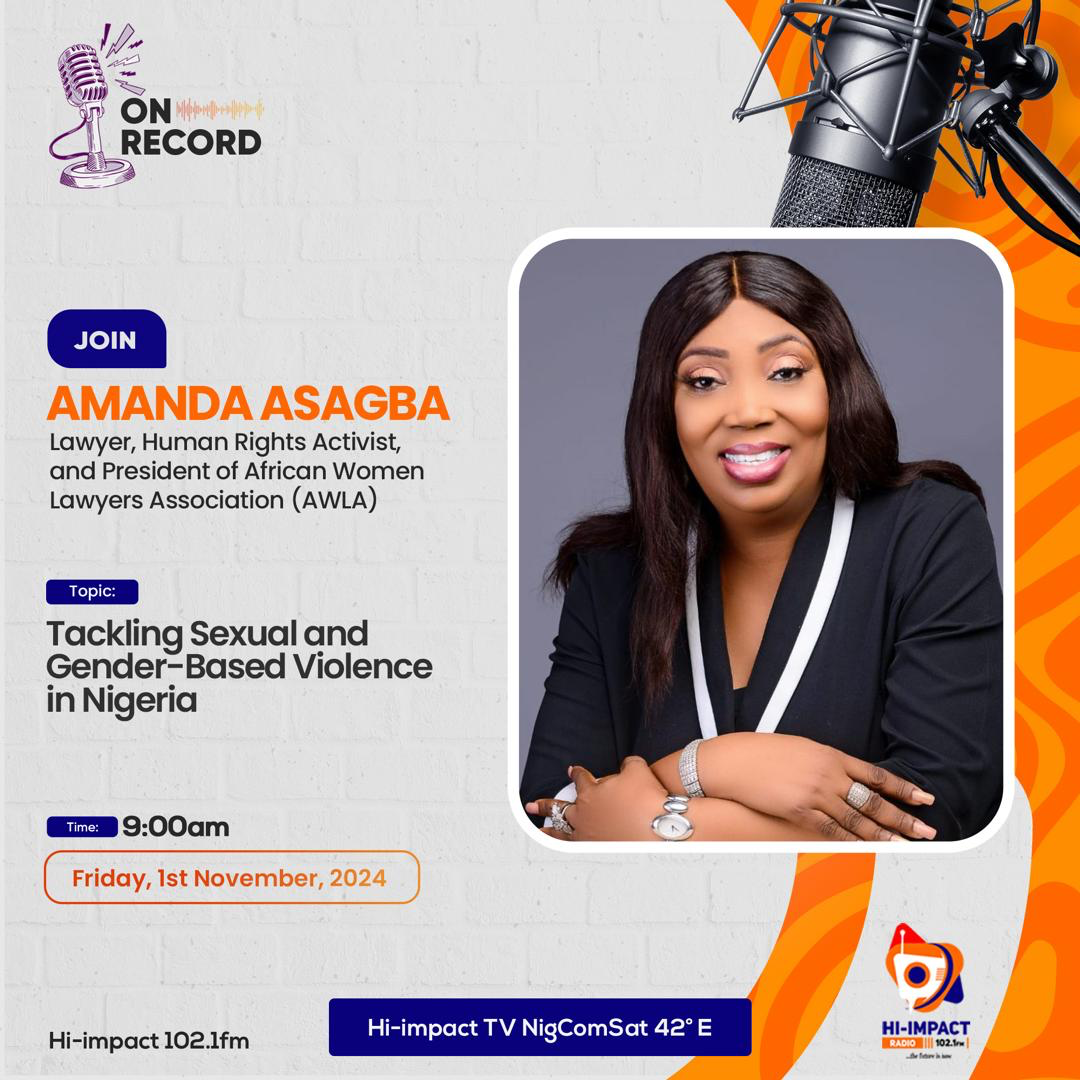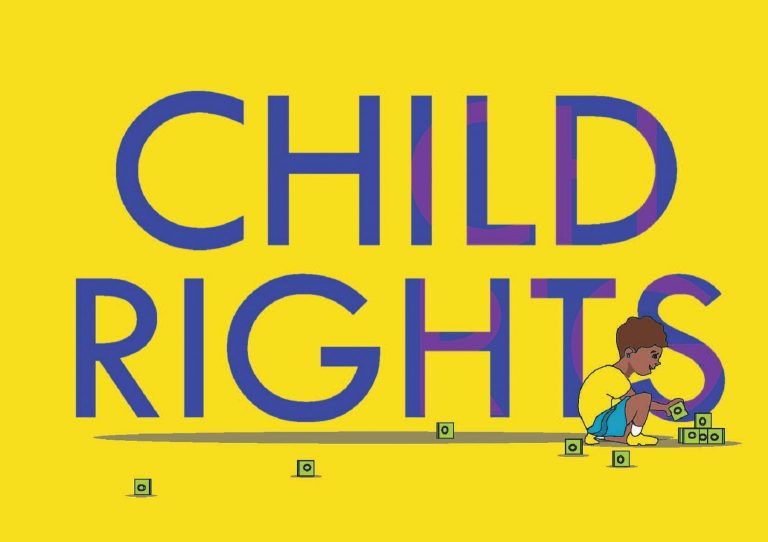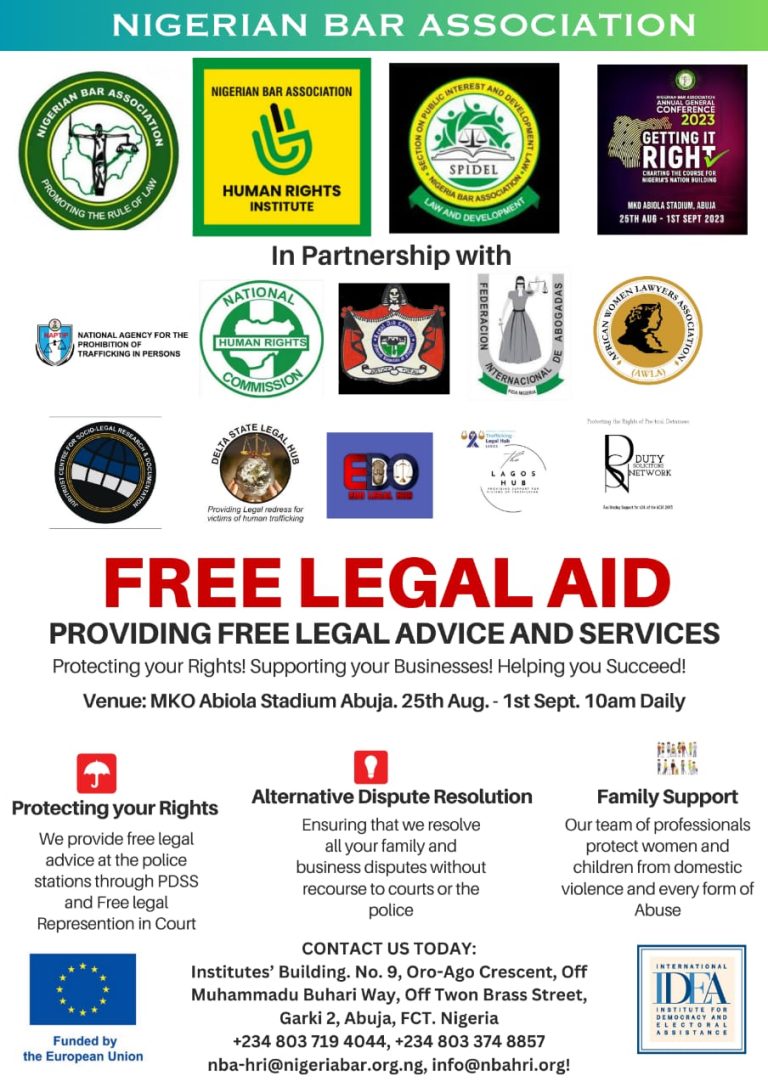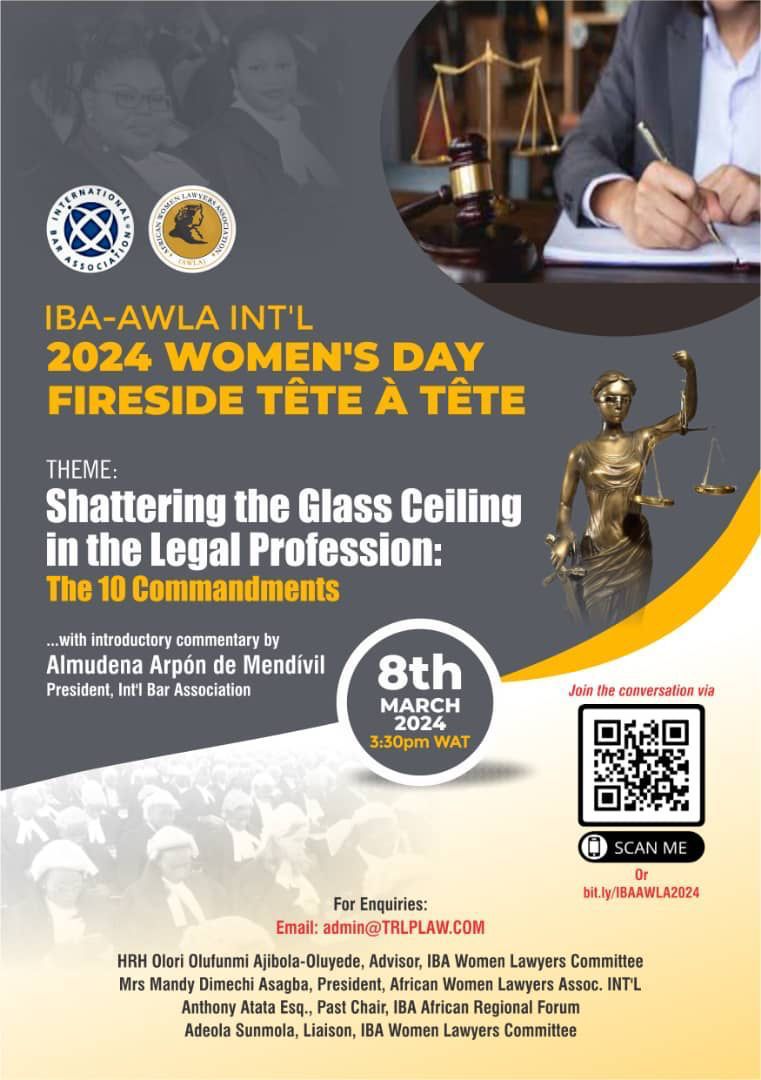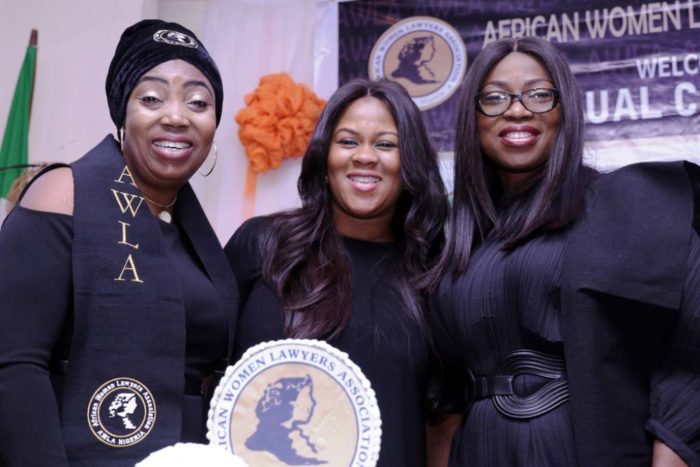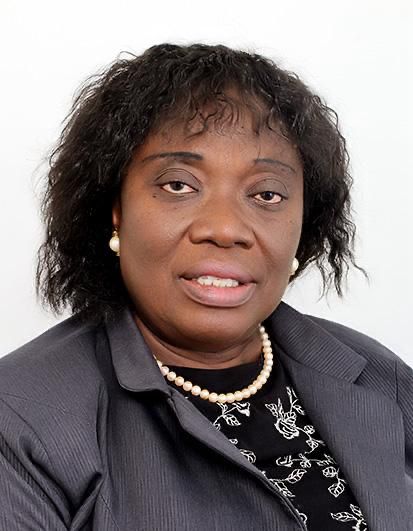Media Chat with Hi-impact TV/ Radio Station
AWLA President: Mandy Demechi-Asagba Media
Chat on 01/11/2024
With HI- IMPACT TV/ Radio
TACKLING SEXUAL AND GENDER BASED VIOLENCE IN NIGERIA
1. Current state of sexual and gender-based violence (SGBV) in Nigeria and most affected
demographics:
– 30% of women and girls experience sexual violence in Nigeria (National Demographic and
Health Survey, 2018). However many more cases are unreported due to threat to life, stigma, lack of awareness and access to justice
– 1 in 5 girls experience sexual violence before age 18 (UNICEF, 2020).
– Most affected demographics: women, girls, and children in rural areas, internally displaced persons (IDPs), and those with disabilities. Sadly in recent times children ( 6-17 years) are
mostly affected as well as the sodomic acts of Fathers defiling their children (higher percentage of their daughters compared to their sons)
2. Impact of SGBV on survivors’ physical and mental health and support systems:
– 70% of survivors experience depression, anxiety, and PTSD (WHO, 2013).
– Support systems: National Agency for the Prohibition of Trafficking in Persons (NAPTIP),
Nigerian Police Force’s Gender Units, Domestic and Sexual Violence Agency ( DSVA) and NGOs like African Women Lawyers Association ( AWLA) Legal Pool for Justice and Equity Initiative ( LPJEI) Project Alert, Women’s Rights Advancement and Protection Alternative (WRAPA) and Mirabel Centre
3. Cultural and societal norms contributing to SGBV prevalence:
– Patriarchal norms and practices (e.g., child marriage, female genital mutilation).
– Stigmatisation of survivors and victim-blaming.
– Limited education and economic empowerment opportunities for women and girls.
4. Role of traditional and religious leaders in facilitating cultural shift:
– Influencing community attitudes and behaviors.
– Promoting education and economic empowerment.
– Encouraging reporting and support for survivors.
– creating awareness in their Communities
5. Stigma and victim-blaming:
– 60% of survivors experience stigma and blame (Project Alert, 2020).
– Silences survivors and perpetuates violence.
6. Laws and government policies addressing
SGBV:
– Violence Against Persons (Prohibition) Act, 2015.
– Child Rights Act, 2003.
– National Policy on Gender Equality.
7. Challenges in enforcing existing laws:
– Limited resources and capacity.
– Corruption and lack of political will.
– Inadequate data collection and reporting.
– Lack of Victim support and witnesses protection
8. Suggestions for improving SGBV laws:
– Strengthening law enforcement and justice systems.
– Increasing funding for support services.
– Enhancing public awareness and education.
– Victim and Witnesses support
– Victim Compensation and welfare support
9. Family and community dynamics in preventing SGBV against children:
– Parent-child communication and education.
– Community-based prevention programs.
– Engaging traditional and religious leaders.
10. Services and resources for SGBV survivors:
– Counseling and psychosocial support.
– Medical and legal aid.
– Shelter and economic empowerment programs.
– Educational Empowerment
11. Role of NGOs and grassroots movements:
– Advocacy and awareness-raising.
– Service provision and support.
– Community mobilization.
– advancement of survivors rights to welfare support and compensation
– advocating a One stop shop for support services
12. Digital solutions for reporting and support:
– Online reporting platforms (e.g., NAPTIP’s online reporting system).
– Mobile apps (e.g., StandtoEndRape’s mobile app).
– Social media campaigns.
– provide detailed list of support centres and contact details
– Referral network
13. Impact of international human rights
frameworks:
– UN Convention on the Elimination of All Forms of Discrimination Against Women (CEDAW).
– African Charter on Human and Peoples’ Rights.
– Influencing national laws and policies.
Sources:
– National Demographic and Health Survey (2018)
– UNICEF (2020)
– WHO (2013)
– AWLA
– Project Alert (2020)
– LPJEI
– CAIN Foundation
– WRAPA
– NAPTIP
– Nigerian Police Force
– UN Women
– African Union

